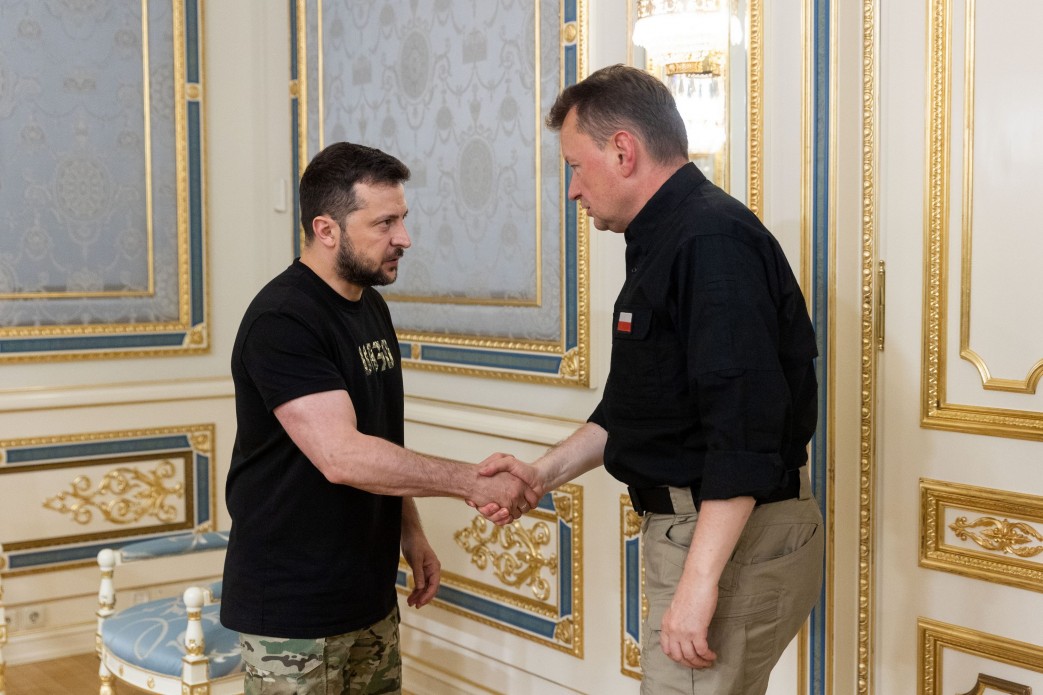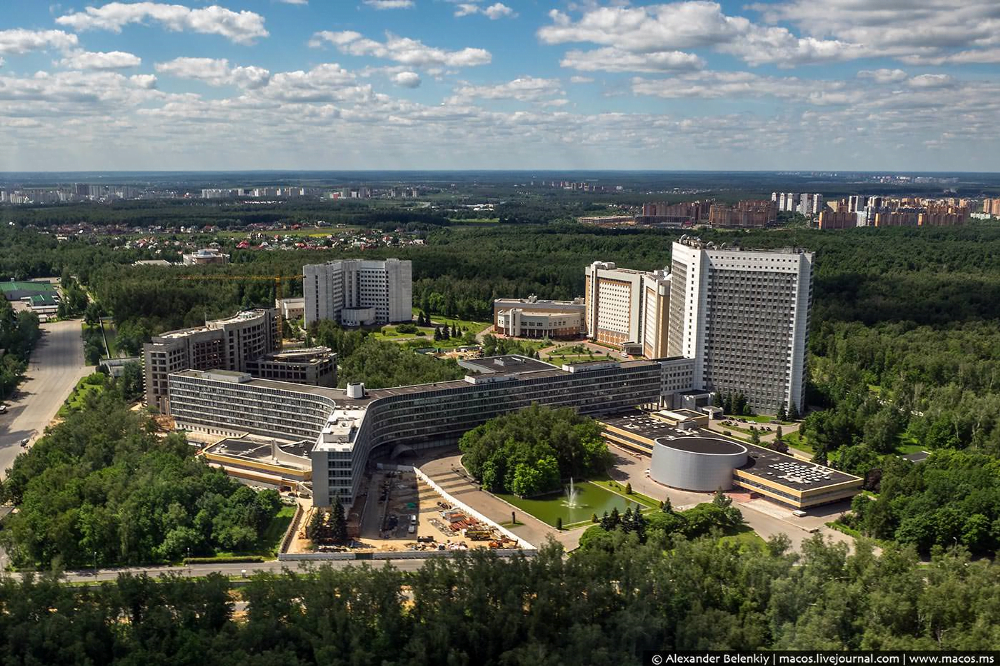Russian Defense Minister Sergei Shoigu continues to falsely characterize Russian offensive efforts in Ukraine as part of an “active defense” in an effort to temper expectations about the Russian military’s ability to achieve operationally significant objectives.
Shoigu stated on December 1 during a conference call with Russian military leadership that Russian forces are conducting an “active defense” in Ukraine and are capturing more advantageous positions in every operational direction.
Shoigu distinguished the 15th Motorized Rifle Brigade (2nd Combined Arms Army, Central Military District), 114th Motorized Rifle Brigade (1st Donetsk Peoples Republic Army Corps), and the 4th and 123rd Motorized Rifle Brigades (both of the 2nd Luhansk People’s Republic Army Corps) for their service.
All of these elements are reportedly or likely operating in areas where Russian forces are conducting offensive operations in eastern Ukraine and not defending against Ukrainian counteroffensive operations in Zaporizhzhia region.
Shoigu and Putin both previously called Russian offensive operations to capture Avdiivka an "active defense” following the failure of the first Russian mechanized push to achieve significant tactical gains in early October 2023. Russian forces launched two subsequent large-scale pushes to capture Avdiivka since early October 2023 and continue a high tempo of attritional infantry assaults around the settlement.
Russian officials’ characterization of these offensives as being part of an "active defense” are intentionally misleading. Ukrainian forces have never conducted offensive operations at scale in the Avdiivka area since the beginning of Russia’s full-scale invasion of Ukraine in 2022, and Avdiivka has been a famously static Ukrainian defensive position since 2014. Russian leadership has nevertheless continued to falsely frame operations around Avdiivka as an ”active defense” likely to recontextualize the lack of any major Russian progress around Avdivka despite over two months of large-scale Russian attacks there.
The Russian military command would have to pursue an identifiable operational objective if it acknowledged the operations to capture Avdiivka as an offensive effort. The "active defense” framing, therefore, allows the Russian military leadership to declare success as long as Russian forces prevent Ukrainian forces from making any significant gains, an entirely achievable objective considering that Ukrainian forces are not conducting and never have conducted counteroffensive operations in the area. The Russian command’s "defensive" framing of the offensive effort around Avdiivka as well as localized offensive operations elsewhere in eastern Ukraine suggests that it lacks confidence in the Russian military's ability to translate tactical gains into operationally significant advances.
Russian President Vladimir Putin, apparently concerned about decreasing Russian support for the war ahead of the 2024 Russian Presidential elections, has likely chosen to downplay the scale of Russian operations to the Russian public.
The increasing disconnect between heavy Russian losses in these offensive efforts and the Russian command’s framing of these operations may nevertheless fuel discontent in the wider Russian information space.





















